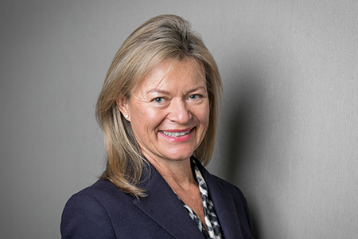
Susan Hansen, interim CEO, Resimac
Non-bank lender Resimac is on the hunt for a new permanent chief executive, following the resignation of Scott McWilliam as CEO after 21 years of service.
Susan Hansen, a non-executive director usually based in New Zealand will step in as interim CEO.
McWilliam has been CEO for six years and before that was joint CEO for three years following Resimac’s merger with Homeloans Limited in 2016.
“It is mutually agreed that McWilliam will take a period of leave before his employment contract ends on 1 September 2024” the company said yesterday.
Warren McLeland, chair of Resimac, on behalf of the board “acknowledges the significant contribution Scott has made to Resimac and previously Homeloans, over a 21 year time span and wishes him continued success in his new endeavours.”
High-impact negotiation
masterclass
July 9 & 16, 2025
5:00pm - 8:30pm
This high-impact negotiation masterclass teaches practical strategies to help you succeed in challenging negotiations.
McWilliam said that he was proud of all that had been achieved in Resimac during his time as CEO, thanked the Board and his executive team for their support and wishes the organisation all the best for the future.
Still, it’s strange the board did not seem to have had a succession plan in place, and also odd that none of McWilliam’s direct reports has been afforded the confidence of the board to stand in as CEO
With a market capitalisation of $326 million, Resimac is worth only one third the value attached to the company a year into the Covid-19 pandemic, in mid 2021.
Still, the market cap today is around 60 per cent more than when McWilliams took over as joint CEO in 2016.
Yesterday, Resimac’s shares fell five cents, or six per cent, to 81.5 cents.
The financier’s first half results reported assets under management of $13.5 billion and rising settlements and declining discharges.
It’s return on equity was 12.5 per cent in the half, though the second half is likely to have been much tougher.
Resimac recently closed its New Zealand arm, shutting down one value destroying domain of its operations, and investors will have to infer there is plenty of pain from rising delinquencies and falling margins in the full year results ahead.